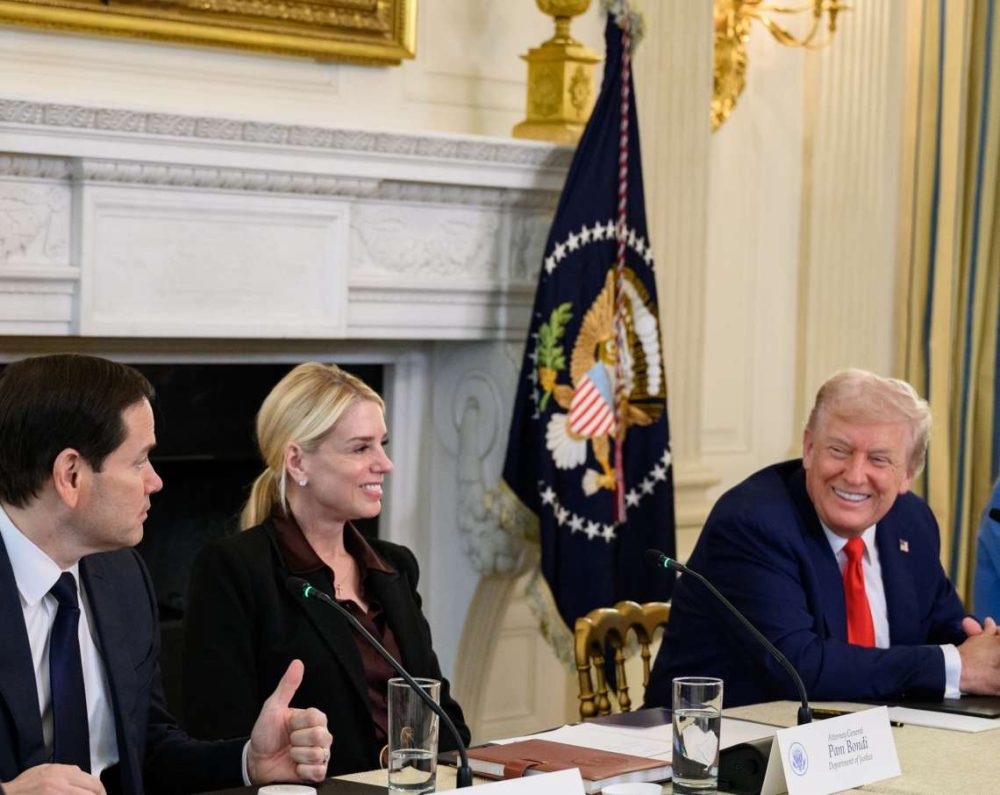China’s investments aim to strengthen its geopolitical influence and its high-tech manufacturing sector in Africa…reports Asian Lute News
China is further consolidating its dominance in the rare earth elements sector by expanding its presence in African nations rich in critical minerals such as cobalt, lithium, and nickel — key components for batteries, electric vehicles, and renewable energy technologies.
However, Chinese investment projects have faced criticism regarding worker exploitation, lack of transparency, and for using primarily local Chinese labour instead of hiring local workers.
China’s investments aim to strengthen its geopolitical influence and its high-tech manufacturing sector.
It has been using its infrastructure model of constructing roads and railways to get long-term mining rights. Finance is another potent instrument that Beijing uses to establish its foothold in African countries. Chinese loans to African governments and state-owned companies have surpassed a whopping $152 billion, with Angola accounting for nearly 30 per cent of the total, according to media reports.
Reports indicate that Chinese companies have invested nearly 8 billion in mining projects in Africa. Chinese investments in African rare earth minerals are driven by demand from China’s own economy and global clean energy needs, securing supply for its high-tech industries through direct investments in mines and financing. Africa is becoming a crucial source of raw materials, with countries like Tanzania poised to become major exporters to Chinese processors.
Chinese companies invest heavily in African mines and processing facilities to secure a stable and long-term supply of rare earth elements (REEs) and other critical minerals essential for modern technology.
Many projects are in different stages of development, with some expected to begin production in the coming years, which will significantly increase the continent’s output. Some examples include projects in Namibia, Malawi, Angola, Tanzania, and South Africa.
While Africa’s mining output is growing, China’s dominance lies in the processing and refining stages of the rare earth value chain, controlling a significant majority of global supply.
Chinese firms have also been accused of corrupt practices.
Namibia presents a typical case where Xinfeng Investments, a firm owned by Chinese interests, is accused of acquiring its Uis lithium mine through corrupt practices, utilising permits meant for small-scale miners.
Africa is becoming a significant new source of raw, rare earth ores for China and Western processors alike. The continent has an opportunity to leverage these resources for its own development, though challenges such as the growing Chinese influence remain in moving up the value chain beyond raw material export.












